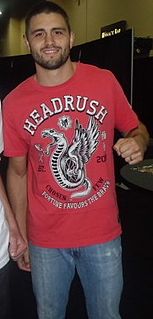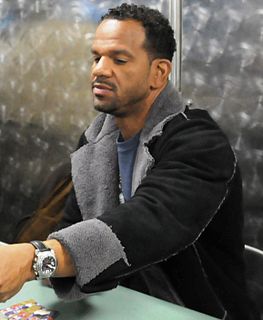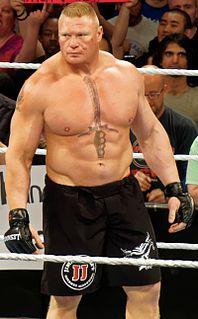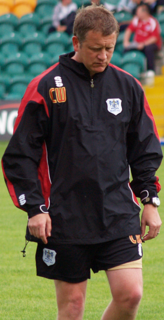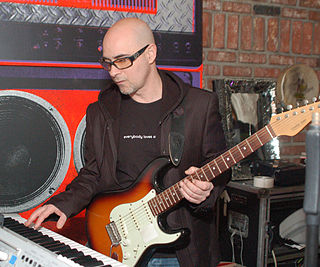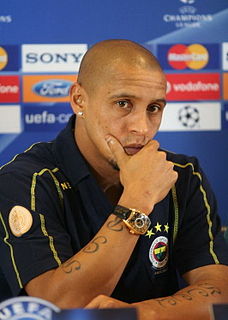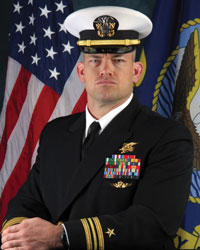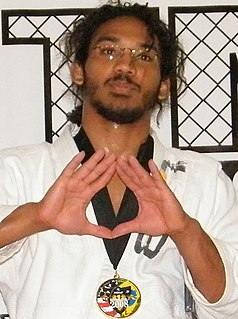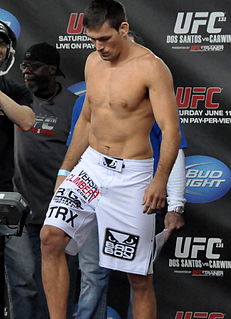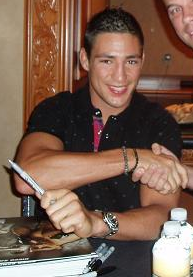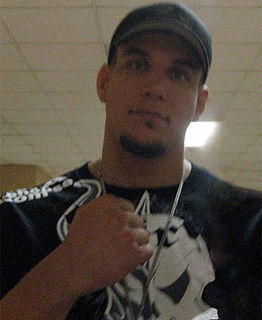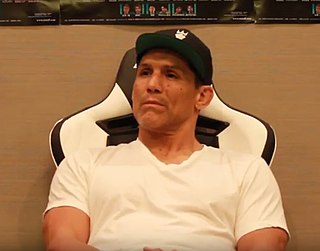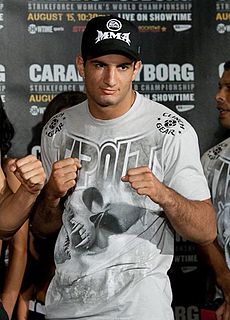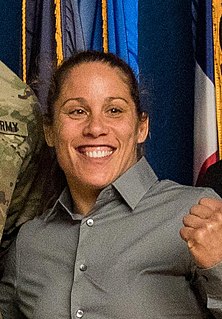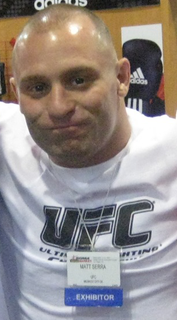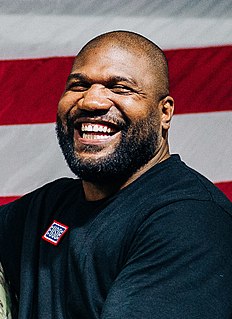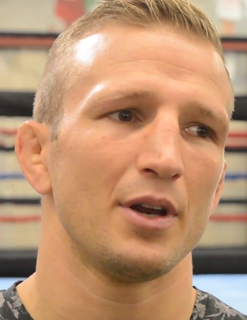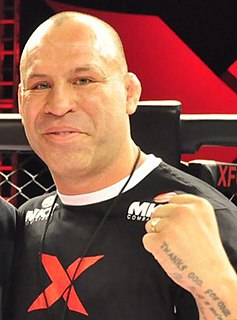A Quote by Carlos Condit
I think in training is where a lot of the injuries occur, or at least start.
Related Quotes
I'm concerned about the future of football, because we have paid a lot of attention to concussions. We are more aware of concussions. But it's really the repetitive minor injuries, the ones that are asymptomatic that occur on almost every play of the game, the sub-concussive hits: that's the big problem for football.
As the fighter, you're the one getting in the ring, you're the one risking injuries, you're the one risking your life - not only on the day of the fight, but in training camp. You're getting punched, you're training, you're sparring. You have to make sure that it's worth the risk - the compensation, the terms, the fights that you want.
There are a lot of inaccuracies out there when it comes to the SEAL training process. You will see guys carrying logs around on television. They think that the hardest part about being on a SEAL team is getting through that training. The fact of the matter is, if you have a good attitude, that training is fun. I had a blast.
